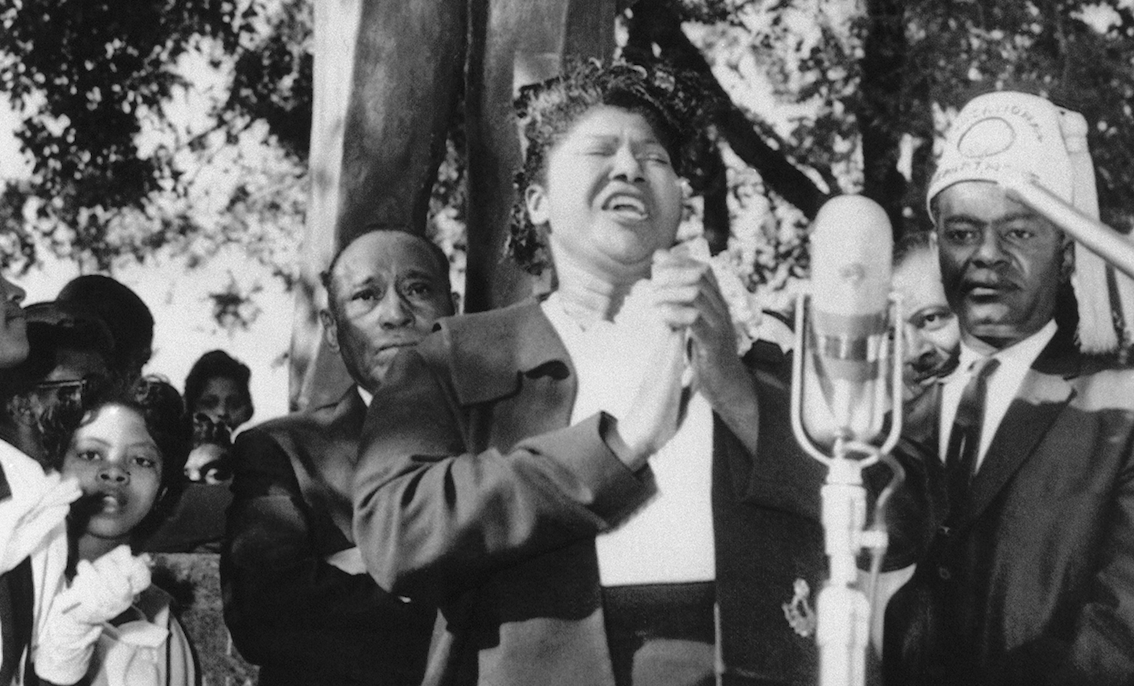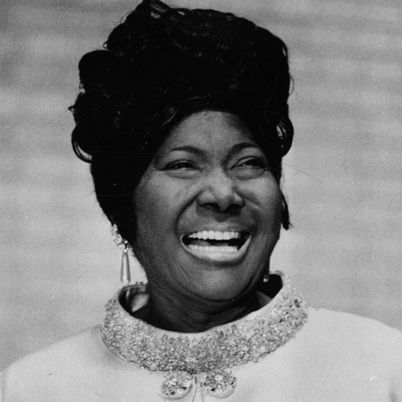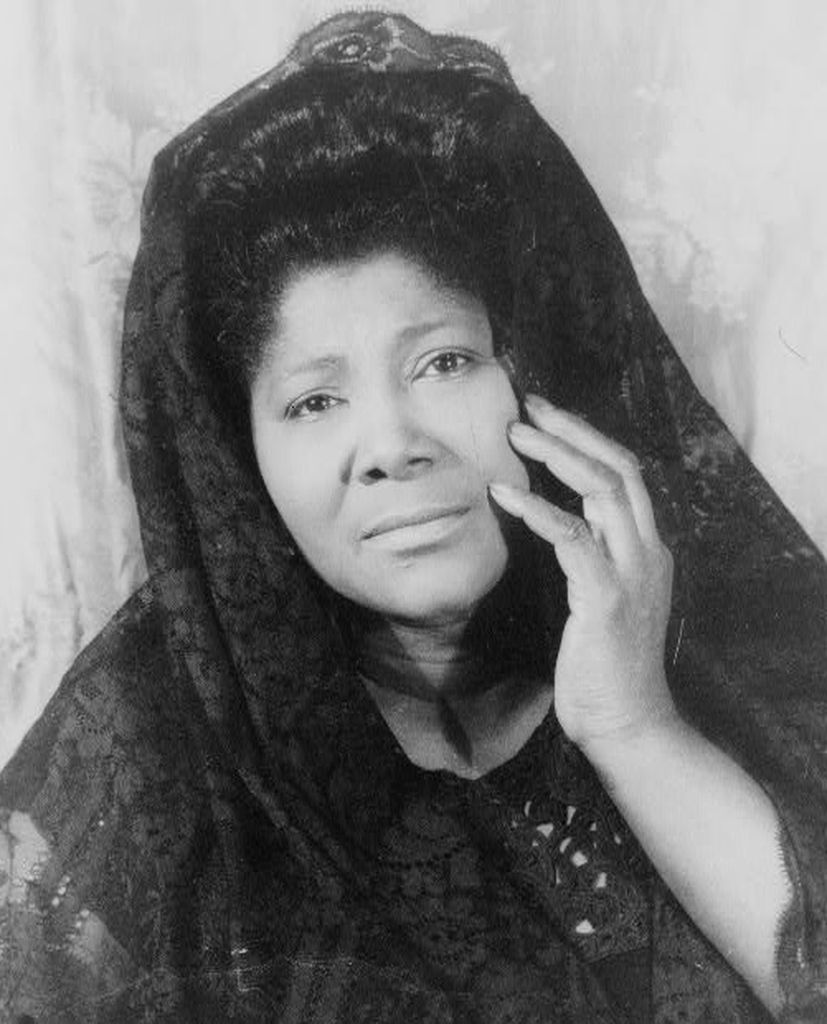What is Gospel Music?
Black gospel music is a genre of music that emerged from African American religious communities in the United States. It is rooted in the call-and-response tradition of African American worship and incorporates elements of blues, jazz, and soul music. Black gospel music is characterized by its powerful vocals, which are often accompanied by organ, piano, drums, and other instruments. The lyrics of black gospel music are deeply rooted in faith and spirituality, and often draw from biblical themes and stories.Black gospel music has played an important role in African American culture and history, providing a means of spiritual expression, community building, and resistance. It has also had a significant impact on the development of popular music, influencing genres such as R&B, soul, and hip hop. Today, black gospel music continues to be a vibrant and dynamic genre, with a diverse range of artists and styles. While it remains rooted in its religious traditions, it also incorporates

Gospel Over The Years
1920s-30s: The Golden Age of Gospel – This era saw the emergence of several influential gospel groups and artists, including the Golden Gate Quartet, Mahalia Jackson, and The Dixie Hummingbirds. This period also saw the development of gospel as a distinct genre, with a focus on the call-and-response tradition and the use of spirituals.
1940s-50s: The Rise of R&B Gospel – The post-war era saw the emergence of R&B and the crossover of gospel music into mainstream culture. This era saw the rise of artists such as Sam Cooke and Aretha Franklin, who blended gospel with R&B and soul music.
1960s: The Civil Rights Movement and Gospel – Gospel music played an important role in the Civil Rights Movement, with artists such as Mahalia Jackson and James Cleveland using their music to inspire and empower activists. This era also saw the emergence of gospel choirs, such as the Edwin Hawkins Singers, who brought gospel to a wider audience.
1970s-80s: Contemporary Gospel – The 1970s and 80s saw the rise of contemporary gospel, which incorporated elements of pop, rock, and funk music. Artists such as Andraé Crouch, The Clark Sisters, and Kirk Franklin helped to popularize this style.
1990s-2000s: Gospel Goes Mainstream – The 1990s and 2000s saw gospel music cross over into mainstream culture, with artists such as Yolanda Adams and Mary Mary achieving commercial success. This era also saw the emergence of gospel rap, with artists such as Lecrae and Da’ T.R.U.T.H.
Who is Mahlia Jackson?
Mahalia Jackson was an influential gospel singer and civil rights activist who was born on October 26, 1911, in New Orleans, Louisiana, and passed away on January 27, 1972. She is often referred to as the “Queen of Gospel” and is considered one of the most important gospel singers of the 20th century. Jackson began singing in church at a young age and was heavily influenced by the gospel music of the early 20th century. She began performing professionally in the 1930s and quickly gained a reputation as a powerful and dynamic performer. Her signature song, “Move On Up a Little Higher,” became a major hit in 1947 and helped to popularize gospel music outside of the African American community.
Throughout her career, Jackson recorded dozens of albums and won several Grammy Awards. She also performed at some of the most important moments in civil rights history, including the 1963 March on Washington and the funeral of Martin Luther King Jr. Her music played an important role in the Civil Rights Movement, inspiring and empowering activists and helping to unite the African American community.
Jackson was known for her powerful and emotive voice, which was often described as “soul-stirring.” She was also praised for her ability to connect with audiences and convey the deep spiritual and emotional significance of gospel music. Today, Mahalia Jackson is remembered as one of the most important figures in gospel music and a key figure in the struggle for civil rights in America.


Influence of Gospel Music
Black gospel music has continued to evolve and adapt throughout the years, reflecting the cultural, social, and political context of each era. Despite its many transformations, gospel music remains an important part of black culture and history.

